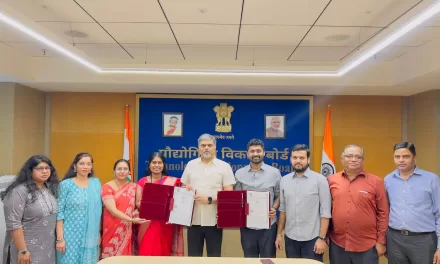A recent study published in The Lancet Public Health has revealed a significant 30 per cent decline in India’s suicide death rate between 1990 and 2021. The findings, based on data from the Global Burden of Diseases, Injuries, and Risk Factors Study (GBD) 2021, were accessed by The Indian Express.
In 1990, India’s suicide death rate stood at 18.9 per 100,000 population. Over the years, the rate witnessed a steady decline, reaching 13.1 per 100,000 in 2019 and further decreasing to 13 per 100,000 in 2021. This marks an overall reduction of 31.5 per cent over three decades, indicating a positive shift in suicide prevention efforts across the country.
Gender-Specific Trends in Suicide Rates
The study found that the reduction in suicide rates was more significant among females compared to males. In 1990, the female suicide death rate was 16.8 per 100,000, which dropped to 10.3 per 100,000 by 2021. Meanwhile, the suicide rate among males, which was higher at 20.9 per 100,000 in 1990, declined to 15.7 per 100,000 in 2021.
Researchers from the Institute for Health Metrics and Evaluation (IHME) at the University of Washington noted that educated women in India reported the highest suicide rates in 2020, with family-related issues being the most common cause. The study also pointed out that suicide rates in India have seen a sharper decline than the global average, suggesting the effectiveness of mental health awareness initiatives and social interventions.
Global Suicide Trends
On a global scale, the study reported approximately 740,000 suicides annually, equating to one death every 43 seconds. Over the past three decades, the global age-standardised suicide mortality rate has dropped by nearly 40 per cent, decreasing from 15 deaths per lakh population to 9 per lakh. The decline was more pronounced among females, with a reduction of over 50 per cent, while males saw a 34 per cent decrease. As of 2021, the global suicide mortality rate stands at 12.8 per 100,000 for males and 5.4 per 100,000 for females.
Despite the overall improvement, researchers emphasize the importance of sustained efforts to further reduce suicide rates. Dr. Mohsen Naghavi, senior author of the study, highlighted the need to address the stigma surrounding suicide and improve access to mental health services, particularly for individuals struggling with mental health and substance abuse disorders.
Disclaimer:
This article is based on publicly available data from The Lancet Public Health and The Indian Express. The information provided is for educational and informational purposes only and should not be used as a substitute for professional medical advice. If you or someone you know is struggling with mental health issues, please seek professional help immediately.












